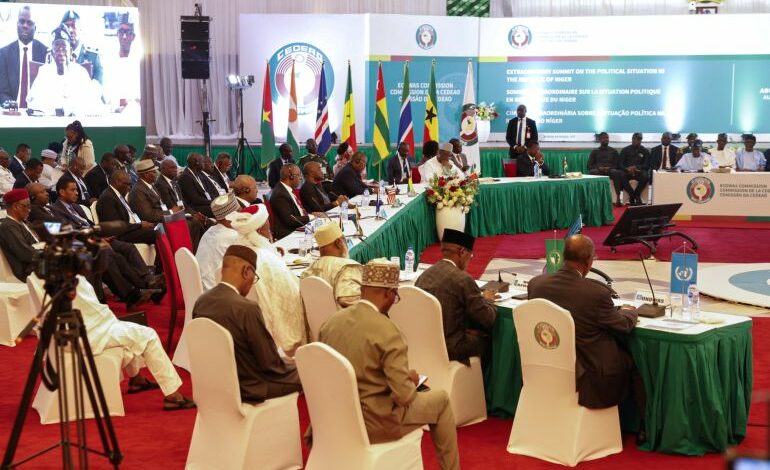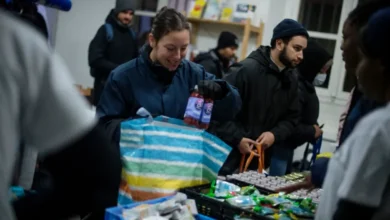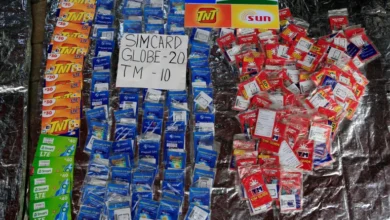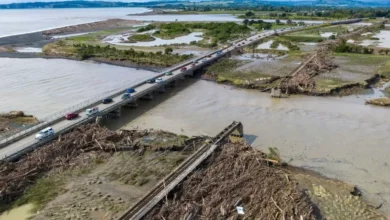ECOWAS holds emergency session over Senegal crisis and member exits

West African foreign ministers are holding emergency talks on Thursday in Nigeria’s capital Abuja to discuss the political crisis in Senegal and disputes with military rulers in three other member states.
The extraordinary session of the Economic Community of West African States (ECOWAS) follows President Macky Sall’s sudden decision to delay elections in Senegal, just a week after Burkina Faso, Mali and Niger declared they were quitting the bloc.
The ECOWAS Mediation & Security Council said ministers would gather to “discuss current security and political issues in the region”.
It remains unclear whether representatives from the four countries being discussed are attending.
ECOWAS has urged Senegal – one of its most stable member states – to return to its election timetable, but critics have already questioned the group’s sway over increasingly defiant member states.
The turmoil has also brought the almost 50-year-old bloc’s broader role into doubt, especially after its warning of military intervention in Niger last year fizzled out with no sign the country’s toppled president is closer to being restored.
ECOWAS was formed in May 1975 in Lagos. The only other member to withdraw before now was Mauritania in 2000.
Senegal’s troubles are a “new crisis ECOWAS doesn’t need”, Beninese political consultant Djidenou Steve Kpoton told the AFP news agency. “Its powerlessness in the face of the situation is self-evident.”
Other analysts said they had confidence in the bloc’s long-term ability to deal with regional problems through mediation. But with its reputation at stake, ECOWAS’s handling of the latest political upheaval is being closely watched.
Protests broke out in Senegal this weekend when President Sall announced he was postponing the February 25 vote just hours before campaigning was set to begin.
The Ministry of Posts and Telecommunications also shut down mobile internet on the day of the parliamentary vote, citing security concerns. “Dear customers,” read a text from phone provider Orange, “By decision of the state, mobile internet is suspended by all operators.”
Observers expressed concern that one of the region’s most influential and stable members was tearing up the rule book, sparking violent protests and raising concerns about knock-on effects in the region.










